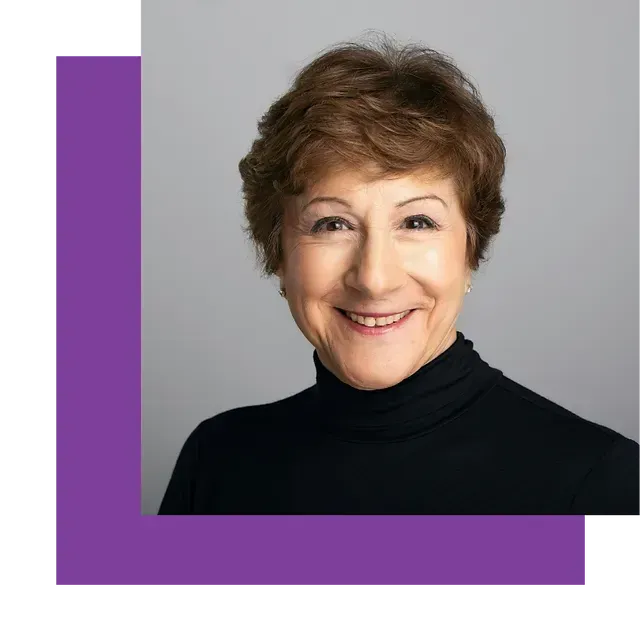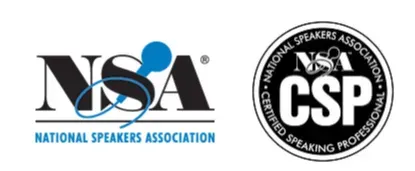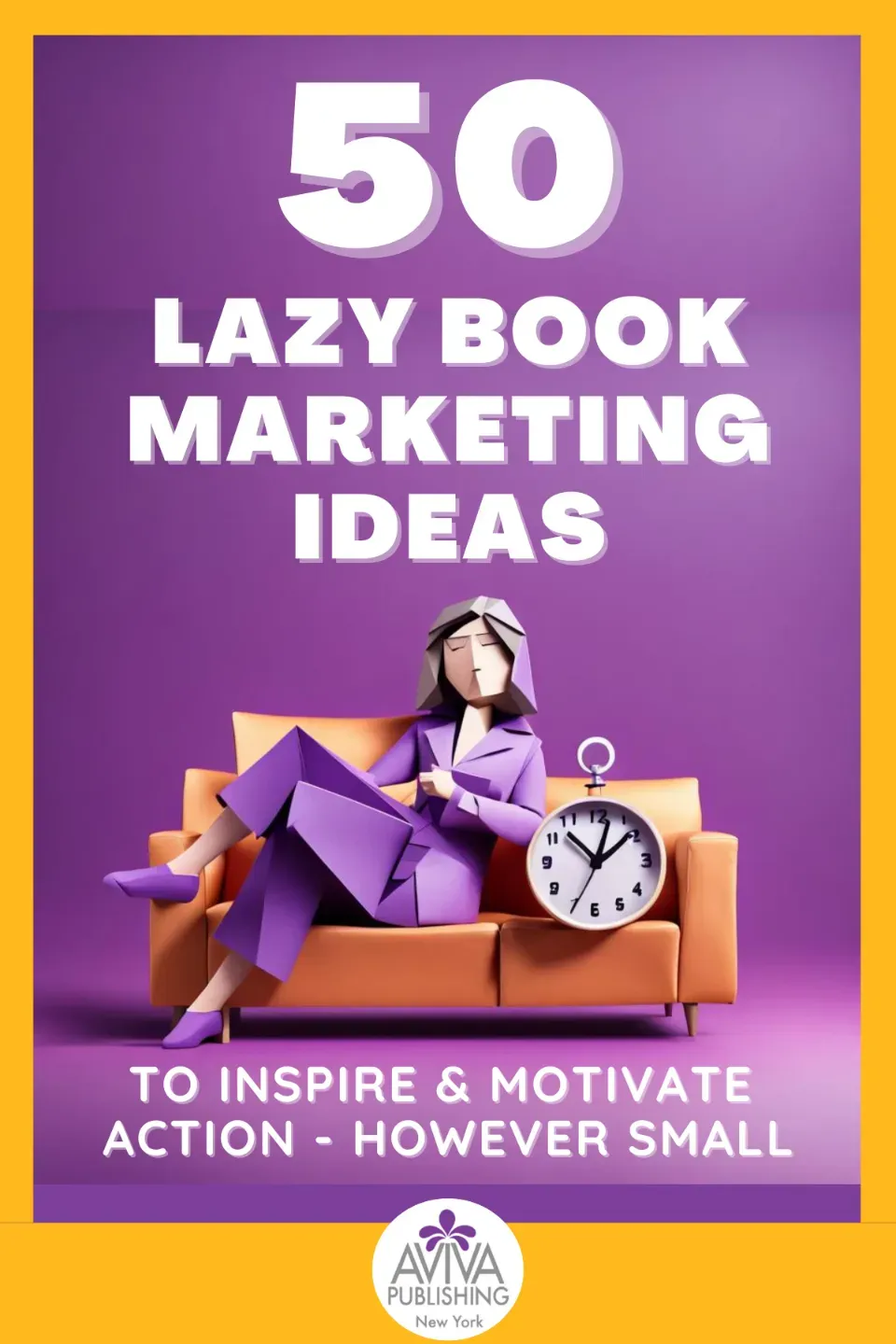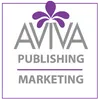Want my FREE resources to boost your Book Marketing? Click HERE!
Your Book Deserves the Best!
From manuscript to finished product, we'll make sure your non-fiction book "baby" gets what it needs to grow up and live happily ever after.
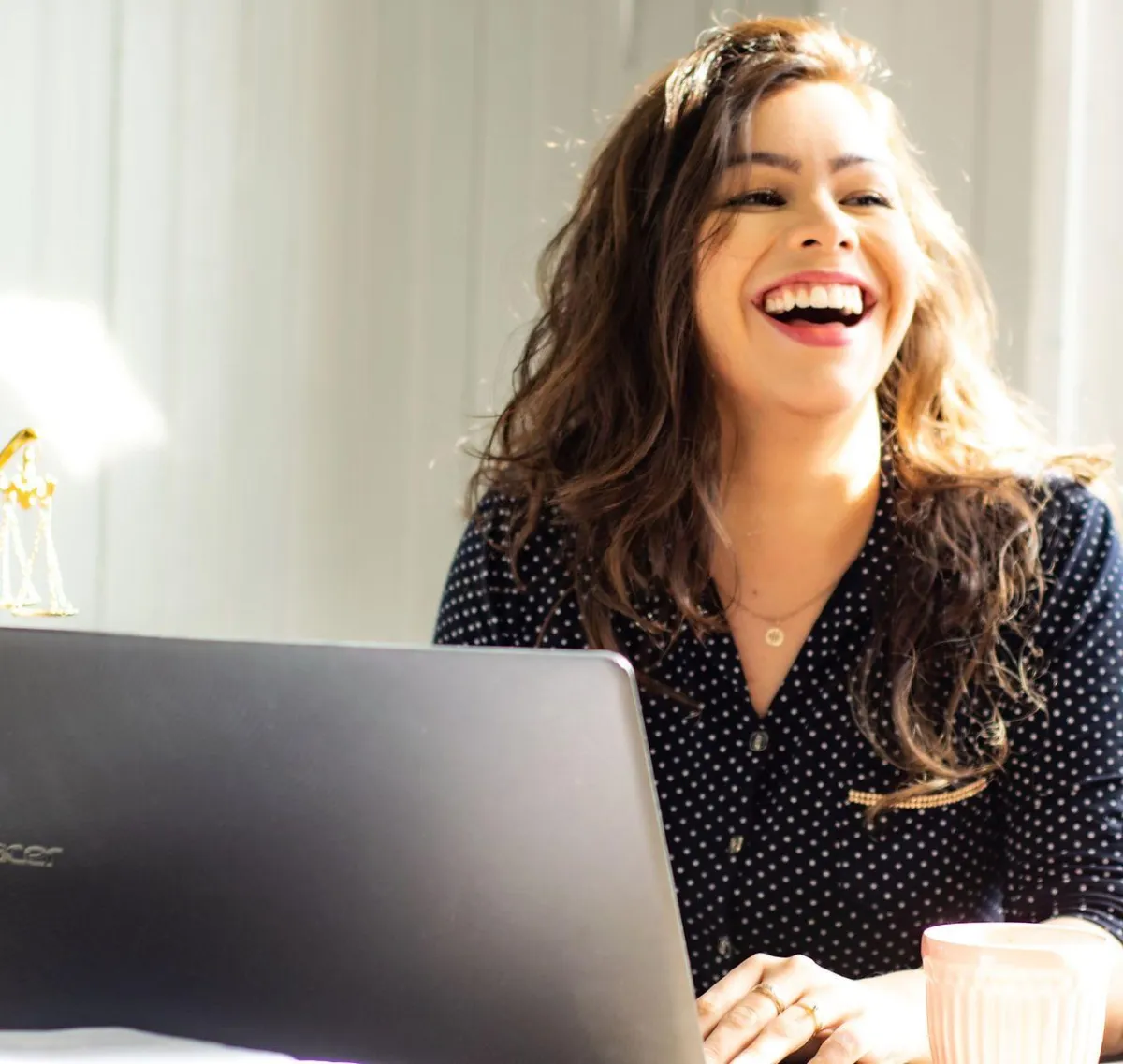
Keep Control of Your Work

Publish with Confidence

Spread Your Message Far & Wide
You've Worked Too Hard
To Get Stuck At The End
The publishing world can be confusing
A published book is like a jigsaw puzzle--so many pieces, and they need to fit together perfectly! Having a guide on your side helps you avoid rookie mistakes that keep your book in publishing purgatory.
The options are overwhelming
From choosing an editor to designing a book cover, there are a plethora of publishing options that can make you feel overwhelmed and stressed. Have confidence in the process with vetted vendors that are great to work with and damn good at what they do.
It's easy to get derailed by bad advice
Everyone thinks they are an expert in publishing, even if they've never published a book! Get quality advice from industry experts that is tailor-made for your book, your audience, and your goals.
Get The Support You Need To Take
Your Book To The World

Keep control of the process with our vetted network of editors, designers, and marketing experts

Publish with confidence knowing your book has all the right pieces in place to go to market

Feel pride in your achievement with a high-quality finished product that can match any traditionally published book
Simple Steps To Getting Published
Schedule a free consultation
We'll discuss your book, your desired audience, and your goals for getting published. What do you want your book to do for you?
Get matched with the right experts
Publishing a book works best with the right team on your side. From editors to designers and marketing experts, we'll make sure you have the support you need to get your book out into the world.
Hold your finished book in your hands
After all your hard work, you can take pride in your "baby" finally making its debut! Take a moment to feel pride in what you've achieved.
Samples of our books
Susan Friedmann, CSP
